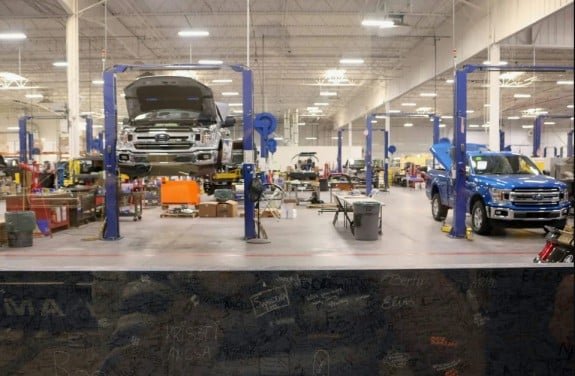When it comes to owning a car, one of the most important aspects to consider is the cost of maintenance and repairs. Whether you have a brand new vehicle or an older model, regular maintenance is essential to keep your car running smoothly and avoid costly breakdowns. However, many people overlook the financial aspect of auto repair and end up facing unexpected expenses that can strain their budget.
Creating a budget for auto repair is crucial for several reasons. First and foremost, it allows you to plan and set aside funds specifically for maintenance and repairs. By allocating a certain amount of money each month, you can be prepared for any unexpected issues that may arise. This can help you avoid financial stress and prevent you from dipping into your savings or relying on credit cards to cover the costs.
Additionally, budgeting for auto repair allows you to prioritize your spending and make informed decisions. By knowing how much you can afford to spend on maintenance and repairs, you can determine which services are necessary and which can be postponed. This can help you avoid unnecessary expenses and focus on the most critical aspects of maintaining your vehicle.
Tips for Budgeting and Saving on Auto Maintenance Costs
Now that we understand the importance of budgeting for auto repair, let’s explore some practical tips to help you save money on maintenance costs:
1. Regular Maintenance and Inspections
One of the best ways to save on auto repair costs is by investing in regular maintenance and inspections. By following the manufacturer’s recommended maintenance schedule, you can identify and address any potential issues before they become major problems. Regular oil changes, tire rotations, and fluid checks can prolong the life of your vehicle and prevent costly repairs down the line.
2. DIY Repairs and Basic Maintenance
While some repairs require professional expertise, there are several basic maintenance tasks that you can do yourself. Simple tasks like changing the air filter, replacing windshield wipers, or checking tire pressure can be easily done at home with minimal tools. By learning these basic skills, you can save money on labor costs and only pay for parts.
3. Comparison Shopping
When it comes to more significant repairs or services, it’s essential to shop around and compare prices. Different auto repair shops may have varying rates, so it’s worth getting multiple quotes before making a decision. However, keep in mind that the cheapest option may not always be the best. Consider the reputation and expertise of the mechanics, as well as the quality of parts used.
4. Extended Warranties and Service Plans
If you’re purchasing a new or used car, consider investing in an extended warranty or service plan. While these may require an upfront cost, they can save you money in the long run by covering repairs and maintenance services. Be sure to read the terms and conditions carefully and choose a reputable provider.
5. Prioritize Preventive Maintenance
Preventive maintenance is key to avoiding costly repairs. Regularly check your vehicle’s fluids, belts, and hoses, and address any issues promptly. By taking care of minor problems early on, you can prevent them from escalating into more significant and expensive repairs.
The Benefits of Budgeting and Saving on Auto Repair
By following these budgeting tips and implementing cost-saving measures, you can experience several benefits when it comes to auto repair:
1. Financial Peace of Mind: Knowing that you have funds set aside for auto repair can provide peace of mind and alleviate financial stress.
2. Long-Term Savings: By investing in regular maintenance and addressing issues promptly, you can prolong the life of your vehicle and avoid costly repairs in the future.
3. Improved Safety: Regular maintenance ensures that your car is in optimal condition, reducing the risk of accidents or breakdowns due to mechanical failures.
4. Better Resale Value: A well-maintained vehicle typically has a higher resale value. By taking care of your car, you can maximize its worth when it’s time to sell or trade it in.
Remember, budgeting for auto repair is an ongoing process. As your car ages, its maintenance needs may change, and unexpected repairs may arise. By consistently allocating funds for auto repair and following these cost-saving tips, you can navigate the economics of auto repair with confidence and financial stability. Understanding the Costs, Budgeting for car repairs is essential in keeping your vehicle in good condition and avoiding unexpected expenses. Understanding the costs of car repairs can help you allocate funds efficiently to avoid overspending or financial strain. Read more about importance of budgeting for auto repairs, Understanding the costs.

